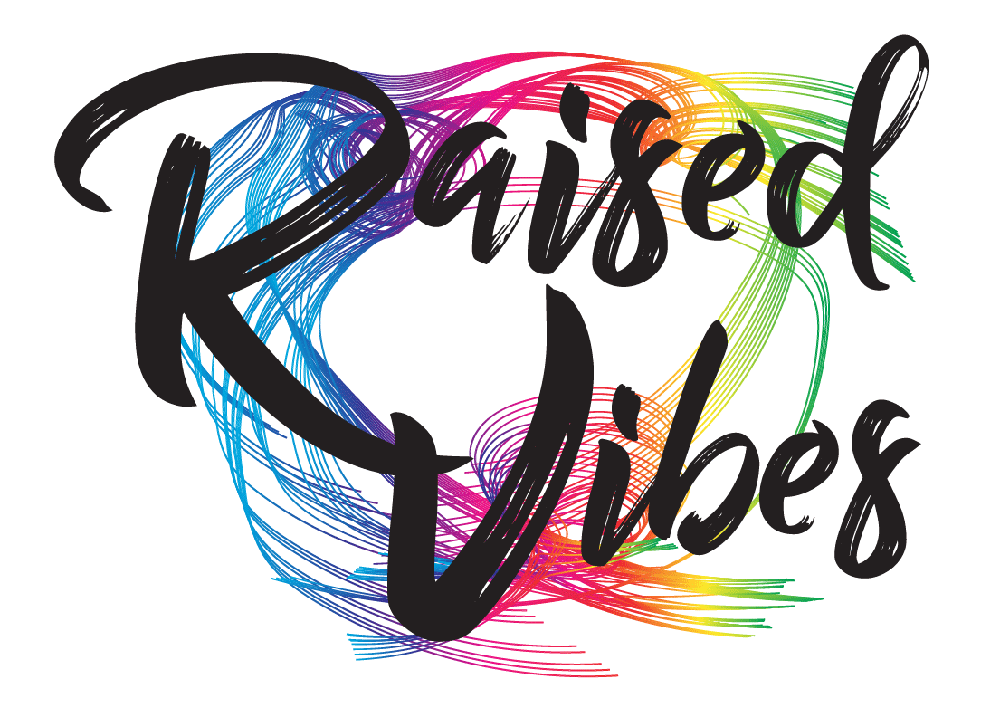Mastering Your Mind: Understanding the Brain's Default and Focused Mode

Have you ever found yourself lost in thought, only to wonder where exactly that thought came from? It's a shared experience to question the origin of our random thoughts, especially when they tend to be self-defeating. So, why do we produce these random and often unhelpful thoughts? To answer this question, we must delve into the brain's workings and explore the concepts of default and focused modes.
The brain operates in two primary modes: default mode and focused mode. The default mode is what some might call the "autopilot" mode of thinking. It's when our minds wander, and we engage in daydreaming, mind-wandering, or spontaneous thoughts. For example, imagine sitting in a meeting at work when suddenly your mind drifts to past failures, leading to self-doubt and anxiety. This mode is often associated with self-referential thinking, introspection, and making personal meaning out of experiences. When we are in the default mode, our thoughts arise from nowhere, catching us by surprise and leading us to question their origin.
On the other hand, the focused mode of thinking involves deliberate, concentrated attention to a specific task or stimuli. For instance, when studying for an exam, you focus on understanding and retaining the material. In this mode, our thoughts are directed, purposeful, and goal-oriented. Focused thinking requires mental effort and often involves problem-solving, decision-making, or learning new information. Unlike the default mode, which can feel spontaneous and unpredictable, the focused mode allows us to channel our cognitive resources toward a particular objective.
So, why do so many random thoughts tend to be self-defeating? One explanation lies in the default mode. When our minds are in this mode, they may gravitate toward familiar thought patterns, including negative self-talk, rumination, or worry. For example, when waiting for project feedback, you may imagine worst-case scenarios and doubt your abilities. This tendency can be exacerbated by factors such as stress, anxiety, or low self-esteem, which can influence the content of our spontaneous thoughts. Additionally, evolutionary psychologists suggest that our predisposition to focus on potential threats or adverse outcomes may have provided an evolutionary advantage in the past despite being less adaptive in our modern lives.
Understanding the interplay between the default and focused modes of thinking can offer insights into how we process and interpret our thoughts. By recognizing when we are in the default mode and becoming more aware of the patterns of our spontaneous thoughts, we can gain greater control over the content and emotional impact of these thoughts. Moreover, developing mindfulness and metacognitive skills can empower us to regulate our thought processes, enabling us to respond to self-defeating thoughts more effectively.
The brain's default and focused modes shape the way we experience and interpret our thoughts. By acknowledging the existence of these two modes and understanding their influence on our mental processes, we can begin to unravel the mysteries of our own thinking patterns. With this awareness, we have the opportunity to cultivate a more constructive and mindful relationship with our thoughts, ultimately leading to greater mental well-being and resilience. This journey of self-discovery and growth is both inspiring and rewarding.
Here are a few tips to help change our thought patterns quickly:
Practice mindfulness: Engage in activities like meditation, deep breathing, or yoga to bring awareness to your thoughts and prevent negativity.
Reframe negative thoughts: Consciously reframe negative thoughts into more positive or neutral perspectives to break the cycle of self-defeating thoughts.
Positive self-talk: Replace self-critical thoughts with encouraging self-talk to shift thought patterns towards optimism and self-empowerment.
Engage in enjoyable activities: Immerse yourself in activities like hobbies, exercise, or spending time with loved ones to break the pattern of rumination.
Seek support: Share your thoughts with trusted individuals for emotional support and alternative perspectives.


